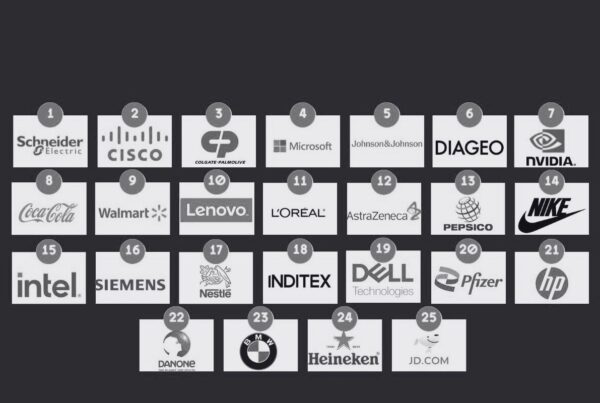While supply chain organizations deal with the impacts of the coronavirus pandemic, they still pursue gender diversity goals. According to Gartner, Inc.’s 2020 Women in Supply Chain report, 17% of chief supply chain officers (CSCOs) are now women – a 6% increase compared to 2019.
“The increase in women executive leaders over the past year is a positive sign, however, the survey showed that women don’t consistently make it through the pipeline,” said Dana Stiffler, vice president analyst with the Gartner Supply Chain Practice. “Lack of progress is not something the industry can afford at the moment. Supply chain’s role in the COVID-19 pandemic and subsequent recovery is crucial, with lives and livelihoods at stake. This is a pivotal time for many women in mid-level and senior management positions.”
Compared to 2019, there are proportionally fewer women at the vice president and director levels. In 2020, 63% of respondents do have active goals, objectives, or initiatives to recruit women and build pipelines, but Ms Stiffler said it takes years for this activity to strengthen pipelines. This dynamic also contributes to the representation of women in the total supply chain workforce remaining unchanged at 39% year over year.
Within the supply chain field, the survey reveals a gap between industries that have made concrete efforts to attract, retain and develop female talent and those that have not. For example, the consumer goods and retail industries saw women in 25% of CSCO roles, whereas for industrial companies that figure was 13%.
The report attributed some of this gap to preferences for STEM degree-holders in industrial fields, which women are statistically less likely to have. However, it said women “are also less likely to be hired for senior supply chain roles in industrial organizations,” generally compared to other firms in the field.
“Another notable difference between industrial and consumer/retail supply chain organizations is goal setting. Consumer and retail organizations were more than twice as likely to have formal targets and specific goals in management scorecards for gender diversity,” Stiffler added.
Until recently, gender-focused inclusion and diversity initiatives focused mostly on employee resource groups and women’s leadership development programs. While organizations still value those initiatives, they have found that improved pipeline planning and management is a key factor for attracting and retaining diverse talent in leadership positions.
“Not a single respondent cited employee resource groups as a top action for progressing women to senior leadership roles in the supply chain. Leadership development programs or improved work-life balance also didn’t make the list. However, 21% claim that integrated pipeline planning is their best approach. This reinforces what we have found over the years: The right place to focus for diverse senior leadership is the pipeline and the decisions that support it,” Ms Stiffler concluded.
Bastian Consulting is a boutique search practise that concentrates on sourcing leaders that deliver change across the Asia Pacific, we have the expertise to source leaders that can transform your business and thrive in times of rapid change.
To know more, you can reach out to Tony on +61 (0) 409 090 434 or tony@bconsult.io





